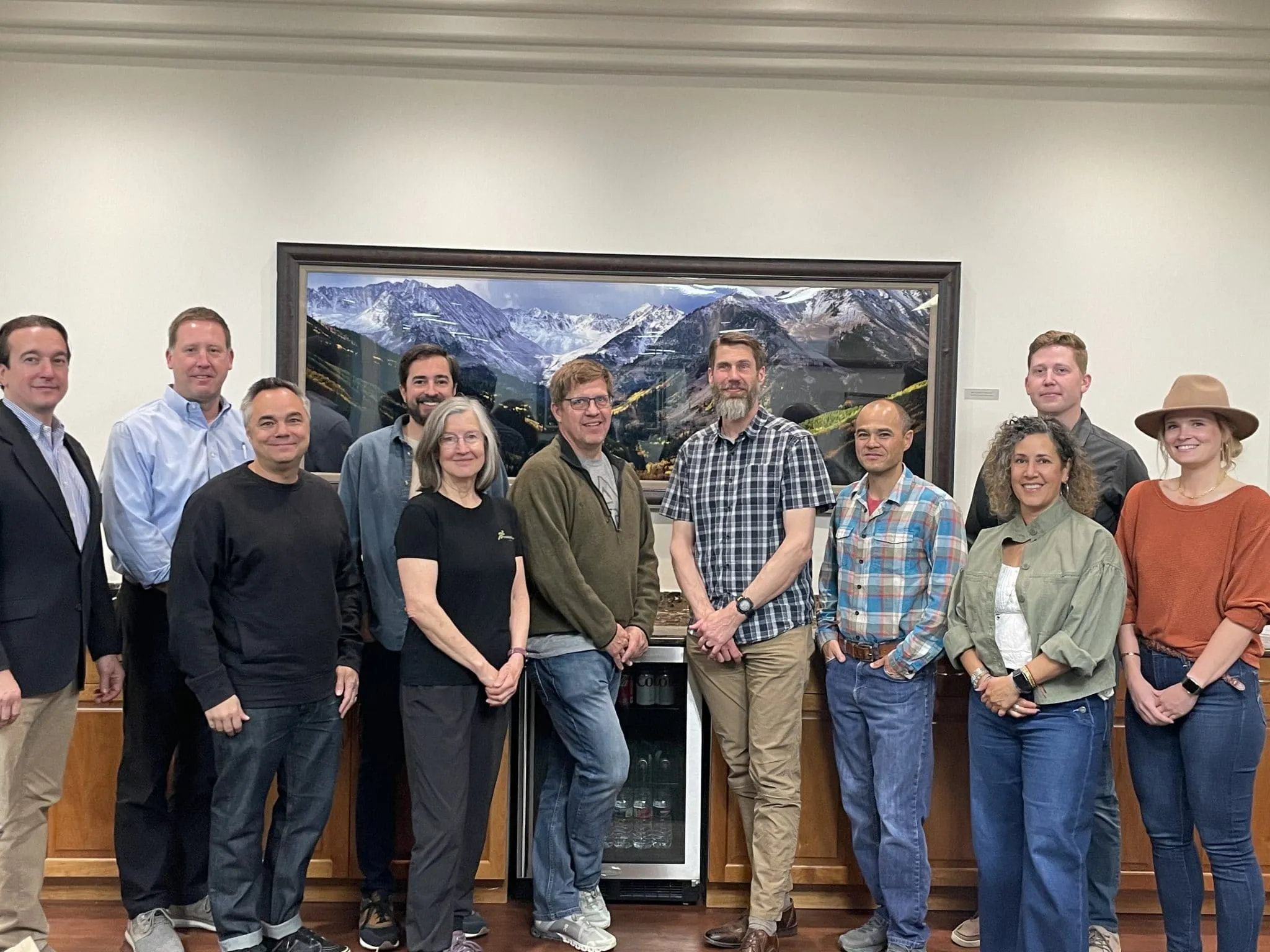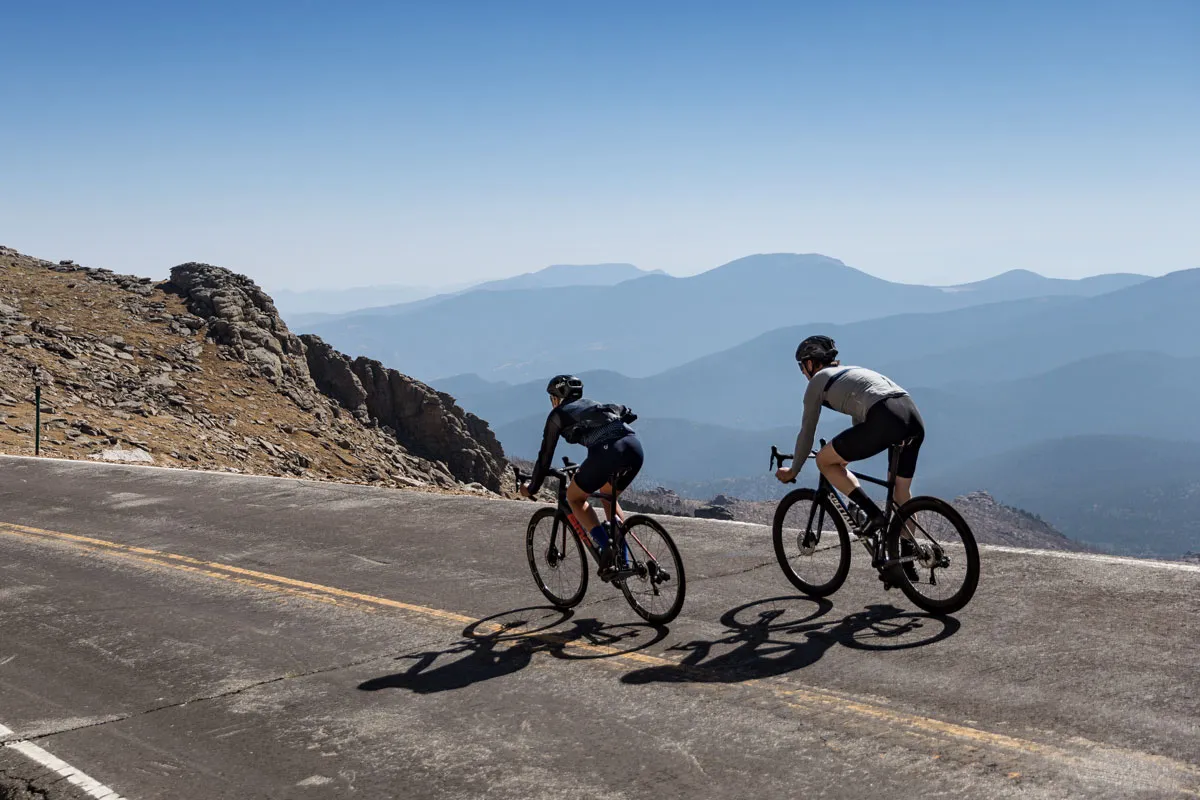Logistics, customer acquisition weigh on outdoor industry

BOULDER — Economic fallout from the COVID-19 pandemic continues to affect the outdoor industry, which faces challenges related to logistics and customer acquisition, as well as tariffs and other geopolitical issues.
That was the consensus Tuesday at BizWest’s CEO Roundtable on the Outdoor Industry, conducted at the offices of Berg Hill Greenleaf Ruscitti LLP in Boulder and moderated by BizWest editor and publisher Christopher Wood.
For many CEOs, problems related to logistics, such as shipping costs and supply-chain delays, were at the top of mind. Chris Klinke, president of climbing gear company Trango, said that getting product into the United States is…
THIS ARTICLE IS FOR SUBSCRIBERS ONLY
Continue reading for less than $3 per week!
Get a month of award-winning local business news, trends and insights
Access award-winning content today!




